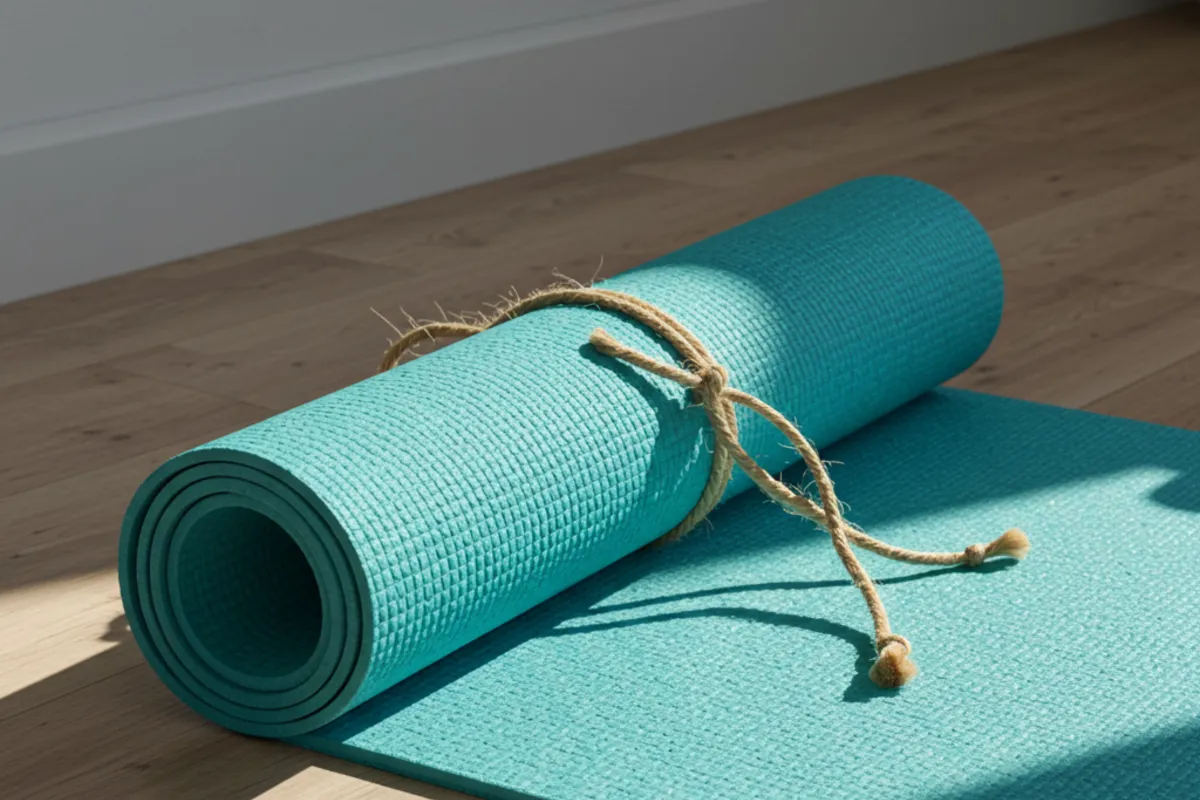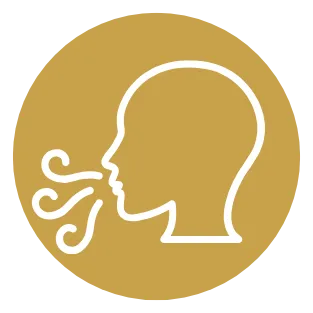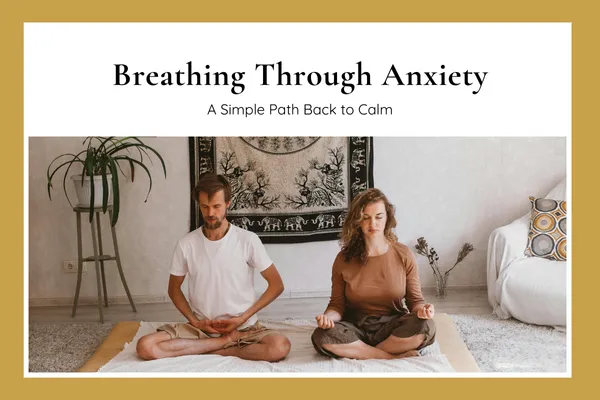HERE, CHANGE YOUR BREATH, CHANGE YOUR LIFE
With every inhale you invite calm. With every exhale you release what no longer serves you.
Lorem Ipsum is simply dummy text of the printing and typesetting industry. Lorem Ipsum has been the industry's standard.

Therapies Spectrum
Lorem Ipsum is simply dummy text of the printing and typesetting industry. Lorem Ipsum has been the industry's standard.

Long Experience
Lorem Ipsum is simply dummy text of the printing and typesetting industry. Lorem Ipsum has been the industry's standard.

Affordable Prices
Lorem Ipsum is simply dummy text of the printing and typesetting industry. Lorem Ipsum has been the industry's standard.
Meet Lorna Tobin
For over 25 years, Lorna Tobin has guided others through the healing power of breath. Her presence is gentle, steady, and rooted in resilience.

Begin Your Healing Journey
Begin with a simple breath analysis, a private session, or a package for deeper renewal. Group sessions offer the power of community.

BREATH ANALYSIS
$10 introduction

PRIVATE SESSIONS
90 minutes of breathwork healing

3-SESSION PACKAGE
Restore and renew

GROUP BREATHWORK
Community healing through shared breath
What is Transformational Breath®
Transformational BreathⓇ is a simple, profound process that uses a conscious breathing pattern to activate the most natural healing response.

Physical restoration through natural breath

Clarity and peace of mind

Awakening spiritual connection
In Their Words
What Clients Are Saying

“It’s amazing how something as simple as breath can change everything.”
“After just one session with Lorna, I felt a calm I hadn’t experienced in years. It was like my body finally remembered how to let go.”
— Emily R.


“I walked in tense and walked out free.”
“Breathwork with Lorna gave me the space to release old stress I didn’t even know I was carrying. I left feeling lighter, clearer, and more grounded.”
- Jason M.


“I never knew community healing could feel this safe and profound.”
“The group session was powerful. Breathing together created such a sense of connection and healing—I felt supported every step of the way.”
- Sarah T.

Inhale & Exhale Journal
Reflections, practices, and stories to support your breath journey.

Breathing Through Anxiety: A Simple Path Back to Calm
Anxiety is one of the most common struggles people face today. It can feel like racing thoughts that do not stop, a tight chest that will not release, or a constant sense of unease. Many search for natural ways to cope, asking questions like:
How can I calm my anxiety without medication?
What breathing exercises help with anxiety?
Can breathwork really stop a panic attack?
The answer is yes: the way you breathe directly influences the way you feel. Breathwork provides a safe, accessible, and powerful tool for restoring calm. In this article, we will explore why breath and anxiety are so connected, how science supports this practice, and specific breathing techniques you can start using right now.

Why Breathwork Helps Ease Anxiety
When you feel anxious, your body reacts as if you are in danger. Your heart rate speeds up, your breath becomes shallow, and your nervous system goes into fight or flight. This response is useful if you are running from danger, but in daily life, it can leave you feeling exhausted and stuck.
Breathwork works because it flips the switch. By slowing and deepening your breath, you send a signal to your brain that you are safe. This activates the parasympathetic nervous system—the “rest and restore” mode.
Research supports what breathwork practitioners have known for decades. Studies show that controlled breathing reduces cortisol (the stress hormone), lowers blood pressure, and improves emotional regulation. In other words: how you breathe tells your body whether it should brace for stress or settle into calm.
The Connection Between Anxiety and the Breath
Most people breathe without noticing, but anxiety often changes your pattern. Instead of full, deep breaths that use the diaphragm, anxiety leads to shallow, rapid breathing from the chest. This type of breathing reinforces stress, keeping your nervous system on high alert.
Through Transformational Breathwork, you learn to reconnect with your natural breathing pattern. This brings more oxygen to your body and releases built-up tension. Over time, it helps re-train your system to respond to stress with resilience instead of panic.
Breathwork Techniques for Anxiety Relief
There are many ways to use the breath to calm anxiety. Here are a few practices you can begin right away.
Diaphragmatic Breathing
This is the foundation of all breathwork. Place one hand on your belly and one on your chest. Inhale slowly so your belly rises first, then exhale fully. Continue for several minutes. This anchors the nervous system and reduces anxious thoughts.
Box Breathing
Used by Navy SEALs and athletes, this method balances the body and mind. Inhale for a count of four, hold for four, exhale for four, and pause for four. Repeat this cycle five to ten times. Many find this especially helpful during moments of acute anxiety.
4-7-8 Breathing
Inhale through the nose for a count of four, hold for seven, and exhale through the mouth for eight. This pattern quickly calms the nervous system and is useful before bed or when stress feels overwhelming.
Transformational Breathwork Sessions
While daily techniques are powerful, guided sessions go deeper. In a safe, supportive setting, Transformational Breathwork allows you to release patterns of tension and emotion that keep anxiety in place. Clients often describe feeling lighter, clearer, and more grounded after just one session.
How Breathwork Fits Into Daily Life
One of the greatest strengths of breathwork is its accessibility. You do not need special equipment or long stretches of time. Here are a few ways to bring it into your day:
Morning reset: Begin the day with five minutes of diaphragmatic breathing to set a calm tone.
During work stress: Use box breathing before meetings or deadlines.
Before sleep: Try 4-7-8 breathing to quiet the mind.
In moments of overwhelm: Pause, place a hand on your heart, and take three slow breaths.
Breathwork is not about perfection. It is about remembering that in every moment, your breath is a tool you can use to return to safety and presence.
Questions People Ask About Breathwork for Anxiety
Does breathwork stop panic attacks?
It can help. By slowing the breath and calming the nervous system, breathwork often reduces the intensity of panic and shortens its duration.How long should I practice?
Even two to three minutes can make a difference. Longer sessions (15–20 minutes) provide deeper relief.Is breathwork safe?
Yes, for most people. If you have a medical condition, consult your doctor first. Guided sessions are recommended for deeper practices.How soon will I feel results?
Many notice calm after the first few breaths. Over time, consistent practice builds resilience.
Stories of Renewal
One client described how she used breathwork during a stressful commute. Instead of spiraling into panic, she practiced diaphragmatic breathing. Within minutes, her chest loosened and her mind felt clearer.
Another client shared that after years of living with constant worry, practicing daily breathwork helped her finally sleep through the night.
These are not isolated stories. Again and again, people find that their breath holds the power to soften fear and invite peace.
Anxiety does not have to control your life.
Breathwork offers a safe, simple, and effective way to reclaim calm. Each inhale invites presence. Each exhale releases tension. With practice, you will find that anxiety loses its grip and peace becomes more accessible.
To learn more about Transformational Breathwork and explore sessions with Lorna Tobin, visit www.lornatobin.com.
Ready to Begin Your Journey
You do not have to carry it all alone. Your breath is waiting to guide you home.


